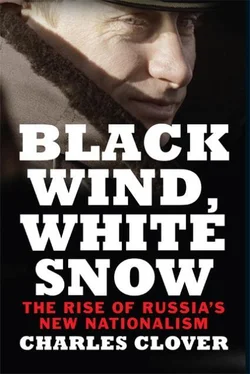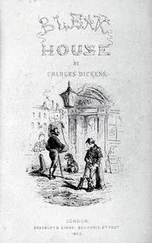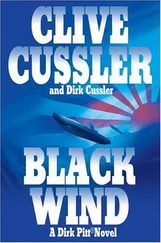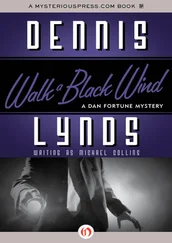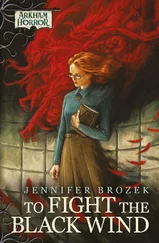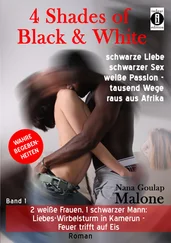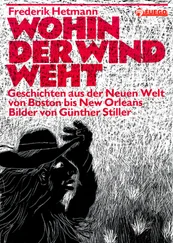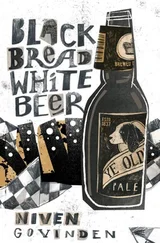Vladimir Putin’s annual address to the federal assembly, delivered every year in the glittering St George’s hall of the Kremlin, is a festival of crystal-chandeliered, live televised grandeur. Over 600 dignitaries fill the room in costumed finery: sleek designer suits, minority nationality headdresses, lacquered towers of hair, Chanel gowns, cassocks, turbans, shoulder boards, braids of all sorts, and absurdly tall peaked caps. Sitting awkwardly on small, white, hard-backed chairs, the assembled dignitaries know they are in for three hours of gruelling oratory.
As the president takes the stage, the applause from the audience is rapturous and sustained. Russia’s handpicked elite fill the room, all of whom know that their careers, their incomes, their property and their futures depend on one man, and that this speech will contain vital clues about which way these considerations are tending. Civil servants hang on Putin’s every word to see which programmes will be funded and which will not. Kremlinologists watch to see who is seated next to whom. Journalists hope Putin will say something threatening or off colour (which he often does), and this will become a Twitter hashtag within seconds. And in December 2012, everyone was watching to see if Putin, who had limped noticeably during a meeting with Israeli President Shimon Peres and who was rumoured to be in ill health, would make it through the speech.
He did, but almost no one was paying attention to the most important thing: a fleeting reference to an obscure Russianized Latin term, which was flung into the speech at about minute 5: ‘I would like all of us to understand clearly that the coming years will be decisive,’ said Putin, vaguely hinting, as he did very frequently, at some great, massive, future calamity. ‘Who will take the lead and who will remain on the periphery and inevitably lose their independence will depend not only on the economic potential, but primarily on the will of each nation, on its inner energy which Lev Gumilev termed passionarnost : the ability to move forward and to embrace change.’
Putin’s passing mention of the late Russian historian Lev Gumilev and this odd word, passionarnost , meant very little to the uninitiated; but to those familiar with the conservative theories of nationalism that have made dramatic inroads into Russian politics since the end of the Cold War, it indicated a lot – a classic Kremlin signal, known in US politics as a ‘dog whistle’, used to communicate to certain groups a message which only they could hear. It was a way of announcing in deniable terms what Putin probably could not say outright – that certain circles within the state enjoyed his understanding and support.
The word passionarnost is resistant to easy translation (passionarity? passionism?), but the few who knew its provenance took immediate notice. It was seven months after Putin’s inauguration for a third term as Russia’s president, and he was sending a subtle signal to the elite that new ideas had swept to power along with him. Ideas that might, just a few years previously, have been considered both marginal and even barking mad were suddenly the anchor of his most important speech of the year. And these ideas would make themselves clearer 15 months later, when Russian soldiers quietly seized airports and transport chokepoints across Crimea, starting a domino effect that would lead to war in eastern Ukraine. Instead of the polite, non-ideological civic patriotism of the previous two decades, Putin was extolling chest-thumping nationalism, the martial virtues of sacrifice, discipline, loyalty and valour.
Putin’s definition of passionarity (from the Latin word passio ) was a slightly sanitized one. ‘Moving forward and embracing change’ was one way of putting what Gumilev meant, though more accurate would be something akin to ‘capacity for suffering’. It was a word, with dramatic allusions to the New Testament, that had been dreamt up by Gumilev during his 14 years in Siberian prison camps. In 1939, while digging the White Sea canal and daily watching fellow inmates die of exhaustion and hypothermia, Gumilev invented his theory of passionarnost . It was a theory of the irrational in human history. The capacity of single individuals to make a sacrifice for the greater good, and therefore change history, he would later write, was the defining trait of great nations.
During the decades following his internment, Gumilev’s eminently spiritual vision became profoundly pessimistic, and his idea became the germ of a new idea of Russian nationalism. As a historian, working from the late 1950s to the end of his life in 1992, Gumilev became a renowned expert on the steppe tribes of inner Eurasia: the Scythians, the Xiongnu, the Huns, Turks, Khitai, Tanguts and Mongols. Such history did not record the progress of enlightenment and reason, but rather an endless cycle of migration, conquest and genocide, and death, repeating itself through eternity. Every few hundred years, primitive nomads would sweep out of the steppes, plunder the flourishing kingdoms of Europe, the Mideast or Asia, and then vanish into history’s fog just as quickly as they had come. The victors in such history were not the societies that led the world in technology, wealth and reason. Instead, they had passionarity. Gumilev’s work is echoed in the works of other scholars through the ages describing much the same phenomenon: Machiavelli used the term virtù to describe martial spirit, while the medieval Arab philosopher Ibn Khaldun described the tribal solidarity of nomadic raiders and plunderers of civilized cities as asabiya .
Gumilev’s obsession with the steppe tribes may have been a reflection of his own life, of 14 years spent in the Siberian gulag, witnessing at close quarters the latest incarnation of a savage, millennium-old process of life-taking and ruin amid the icy continental vastness. Observing his fellow inmates stripped of all their civilization and forced to behave as beasts to survive taught him that man is not the master of nature, but is subject to it. The human virtues of society, friendship and brotherhood, he would later write, are not a mark of human advancement, but a biological natural impulse, the instinctual urge, common to all humans at all times, to distinguish ‘us’ from ‘them’.
A staunch anti-communist, Gumilev was nonetheless surprisingly embittered by the collapse of the USSR, which occurred six months before his own death in 1992. Like many of his fellow prisoners, he later became possessed by an odd patriotism – an inexplicable loyalty to the homeland (and even the regime) that had stolen his health, his years and his friends. It was a type of Stockholm syndrome which produced some singularly odd scholarship: paeans to Russia’s imperial greatness, the organic character of the Russian Empire (and later the Soviet Union) as a singular super-ethnos, or civilization, whose many nations willingly joined Russia not as conquests, but as voluntary subjects of the tsar’s imperial greatness. Gumilev even purported to be able to quantify the amount of physical passionarity remaining in Russia, a civilization which, he predicted, was in the middle of its 1,200 year lifespan.
His theories, which he called ‘Eurasianism’ were drawn from a literature which preceded him by several decades, having been invented by a group of White Russian exiles in Europe in the 1920s. The word, popularized by Gumilev, became a favoured slogan among ideologues of reaction – both dissident nationalists and Soviet hardliners, who were increasingly finding common cause. Amid the death throes of the USSR, Gumilev became an odd, flag-waving Soviet patriot and denigrator of democrats in several perestroika-era interviews which even his lifelong friend Emma Gerstein called ‘dreadful’.
Читать дальше
